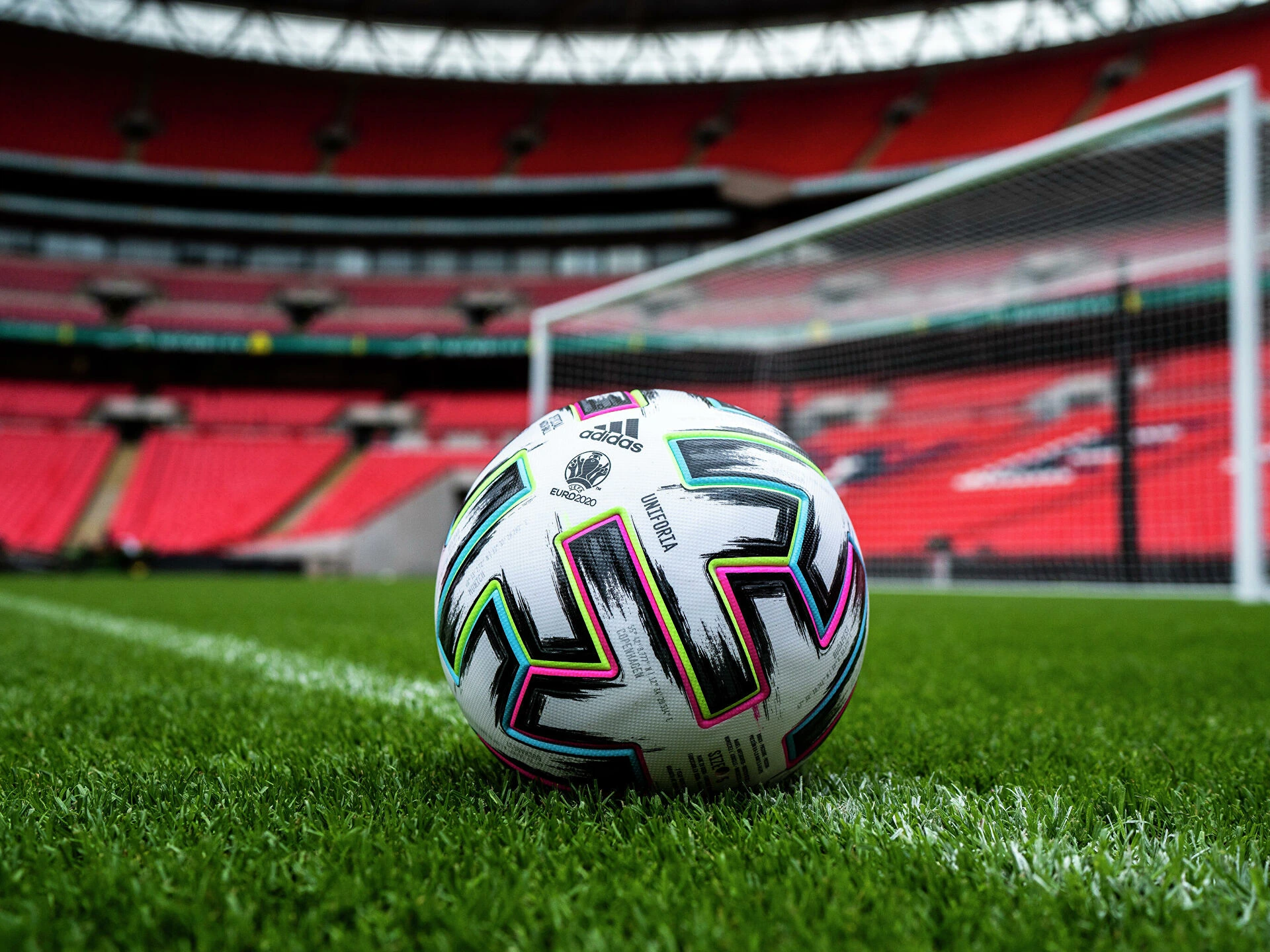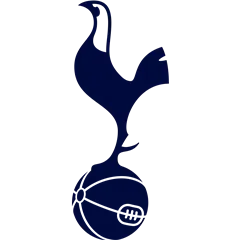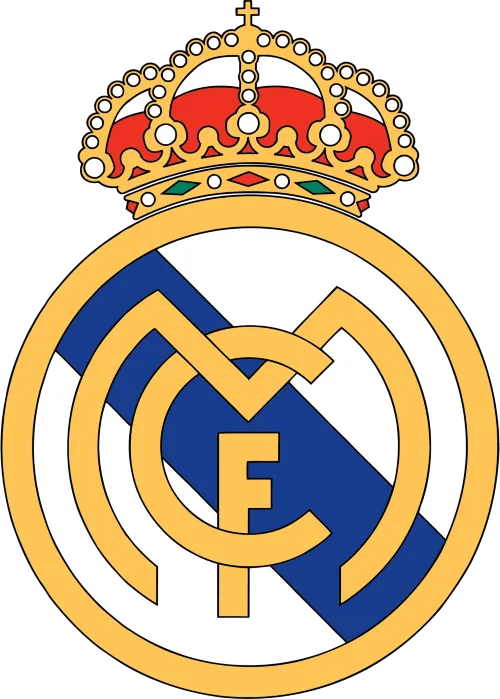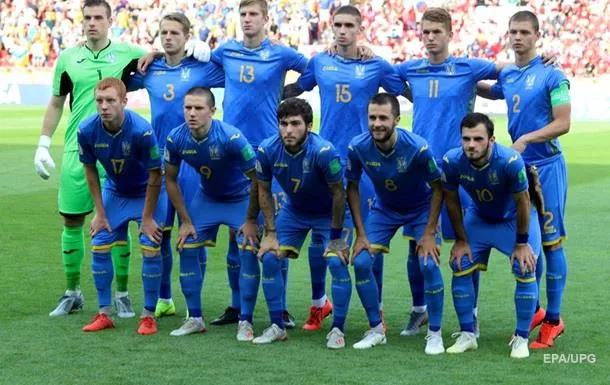
history
History of the Premier League
The Premier League, established in 1992, is the top tier of English football, featuring the most iconic and competitive clubs in the world. It replaced the old First Division and revolutionized the landscape of football with its global reach, lucrative broadcasting deals, and high-paced, thrilling matches.
When and where exactly football originated is a question that has no exact answer. You can easily say that this popular game has been played for more than three thousand years. The birth of modern football is attributed to Great Britain. It was also known as association football, and Scotland and England were the co-founders of the regular game of football.
Football (or soccer as the game is called in some parts of the world) is one of the most popular sports in Europe and America. It has a colorful and interesting history in the world of sports. Football in its current form originated in England in the mid-19th century. But alternative versions of the game existed much earlier and are part of football history.
Formation and Early Years
The Premier League was born out of a decision made by the top clubs in the Football League First Division to break away from the Football League in 1992. This was driven by the desire to secure more television revenue and offer a more commercially viable product. In its first season (1992-93), the league featured 22 teams, with Manchester United emerging as the first champions of the Premier League era. The league’s popularity grew rapidly due to the influx of foreign players, managers, and global TV coverage.
The earliest evidence of football being played as a sport comes from China in the 2nd and 3rd centuries BC. In China, specifically during the Han Dynasty, people would grease leather balls and kick them into a small net. Recorded evidence also suggests that the ancient Romans and Greeks played ball for fun and jokes. Some evidence points to Kyoto, Japan, where kicking a ball was a popular sport.
The early growth of modern football is thought to have started in England. Some fun facts even mention that the first ball used was the head of a Danish highwayman. During the Middle Ages, the early form of football is said to have allowed for self-mutilation such as kicking, punching, biting and kicking. The main objective was to get the ball to a target point. People loved the game so much that they would gather on the field all day long. Sometimes the competition became increasingly fierce and the crowds became so wild that beatings often occurred during the game. There are accounts of soldiers being so excited about the game that they skipped archery practice to watch it.
Globalization of the most popular sport in the world
There were two distinct fan culture traditions in the arenas: British and South American. British fans adopted a singing tradition, with a repertoire drawn from pub and working-class songs from various areas. South Americans adopted a carnival style, including firecrackers and fireworks, as well as the precursors of modern sparklers. Fans in other countries later adopted a mixture of the two traditions.
At the end of the 19th century, there were only a few national football teams; England and Scotland had their first active teams, which played against each other in the 1870s. Today, there are 211 national associations affiliated with the Fédération Internationale de Football Association (FIFA), the sport’s world governing body. Further evidence of globalisation can be seen in the increase in the number of countries participating in World Cup qualifiers, from 32 in 1934 to more than 200 in 2014.
The world regions were divided into six confederations: the Confederation of African Football (CAF), the Asian Football Confederation (AFC), the Union of European Football Associations (UEFA), the Confederation of North, Central American and Caribbean Football (CONCACAF), the Oceania Football Confederation (OFC), and the Confederation of South American Football (CONMEBOL).
Key Moments
- 1992: The Premier League is formed, marking a new era in English football.
- 1995: The first big managerial shift when Sir Alex Ferguson’s Manchester United began their dominance of the league.
- 2004: Arsenal’s “Invincibles” make history by going unbeaten throughout the entire season.
- 2016: Leicester City defy the odds to win the Premier League title, a fairytale season for the ages.
Premier League Champions
| Year | Champion |
|---|---|
| 2024 |
 Manchester City
Manchester City
|
| 2023 |
 real madrid
real madrid
|
| 2022 |
 Manchester City
Manchester City
|
| 2021 |
 Manchester City
Manchester City
|
| 2020 |
 real madrid
real madrid
|
| 2016 |
 Manchester City
Manchester City
|
| 2004 |
 real madrid
real madrid
|
Impact on Football and Culture
The Premier League has had a significant impact on both football and wider culture. It became the most-watched football league globally, with millions of fans tuning in from all corners of the world. The success of the Premier League also led to increased investment in football infrastructure and youth development programs. Off the pitch, the league has influenced British and global fashion, music, and even social movements, becoming a central part of modern cultural life.




